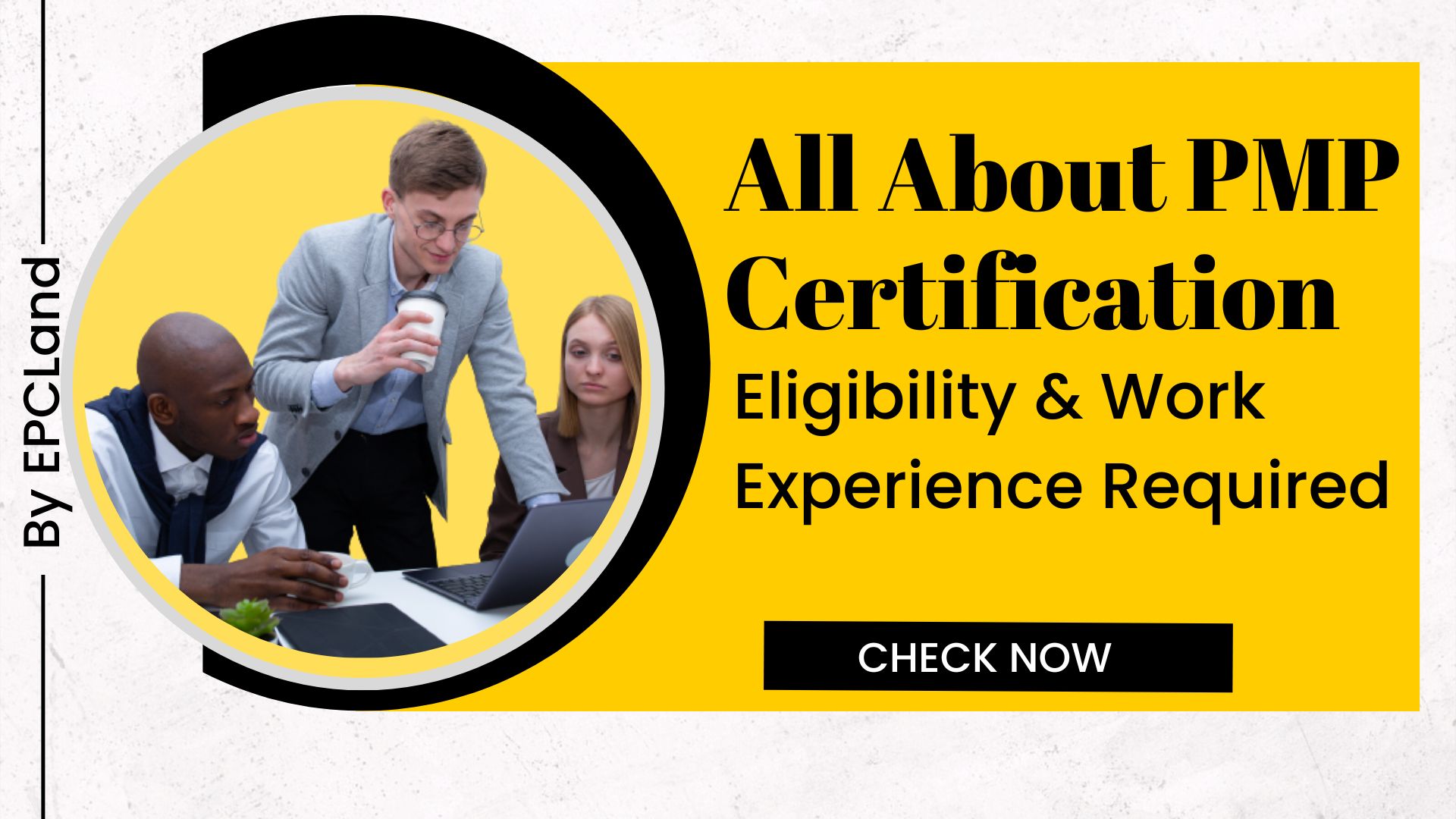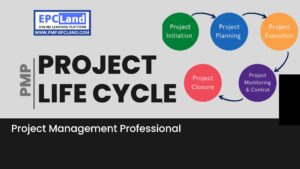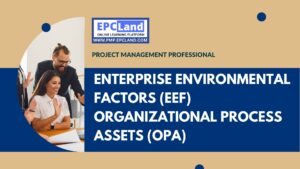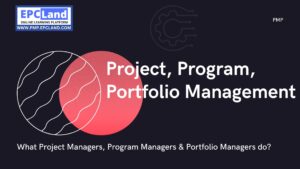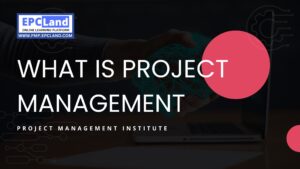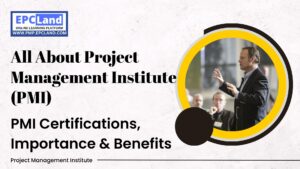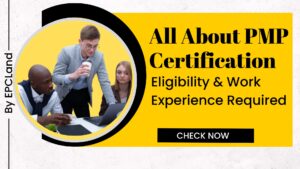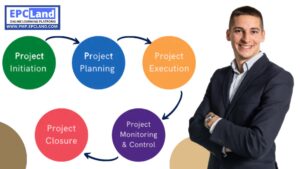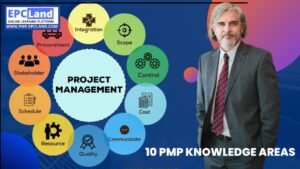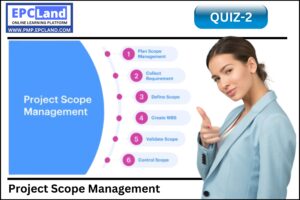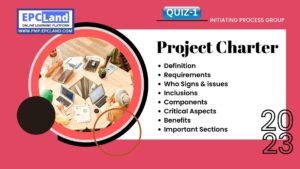The Project Management Professional (PMP)® is the world’s leading project management certification. Now including predictive, agile and hybrid approaches, the PMP® proves project leadership experience and expertise in any way of working.
Table of Contents
ToggleHow much work experience do I need to get PMP certification?
If you have a four-year college degree, you must have at least 4,500 hours of project work and at least three years of project work, then you are eligible to proceed further with PMP certification.
Two Main Conditions:
- Working hours (4,500 hours)
- Duration of work experience (3 calendar years).
Example-1
Let’s look at an example to see how this works. Let’s say one worked 4,500 hours on a big project. But you worked really hard and all the work was completed in two years. Here, you dot meet the volume requirement, but you don’t meet the time requirement, so you don’t qualify.
If you worked on another project for an extra year, even if you spent very little time on that project, you could use that extra year to cover the total time needed.
Let’s say you put 4,500 hours into your project. But it took me three full years and I was involved the whole time. Both the volume and duration requirements are now met. Please note that these requirements vary. He may have well over 4,500 hours, but unless these hours are spread out over the three years, the requirements are not met.
Don’t Miss the 1000+ MCQ questions & hundreds of quizzes on PMP Knowledge Areas and Various important sections.
Example-2:
Let’s say you worked on two projects at the same time for two years. They worked hard on his two projects during this period, putting in 5,000 hours. You spent 3,000 hours on project A and 2,000 hours on project B. Both projects are considered to meet volume (time) requirements. However, since you are working on both in the same time period, only one of them counts towards meeting the duration (3 years) requirement. Overlapping Project Management Experience, is what PMI means that there should be no duplication of experience. So you can’t say that he worked on project A for 2 years and project B for another 2 years, because of time overlapped.
If Project B started at the same time as Project A, but Project A finished two years after him, and Project B lasted 6 months longer, use Project B for a total of 6 months of additional time credit.
Keep that in mind when summarizing your experience. Ultimately, PMI wants to verify that you have been working on project activities for at least three calendar years and that the total time spent on project tasks is at least 4,500 hours.
Can you get PMP certification, in case you don’t have four year degree?
If you don’t have a four-year college degree (that is, a high school or associate’s degree), you can still get the PMP certification, but there are more requirements. Here you will need to demonstrate a total of 5 years of project work experience and 7,500 hours track record for volume requirements. All other requirements are the same.
What type of work experience make you eligibility for PMP Certification?
In most cases, PMI seems to accept without further scrutiny that the experience you submit is in fact relevant to the project. But that doesn’t mean you can misrepresent your experience and hope nobody asks about it. One is a serious ethical violation and could result in disqualification for his PMP certification (or any other of his PMI® certifications). In addition, PMI uses sample tests to verify whether employees are honestly describing their work experience.
What’s the impact on PMP Certification process, if your profile gets picked for audit?
These audits are very simple. First, you need to prove your educational background. Just copy and send the certificate of completion. Next, the person you worked with on each project you listed must sign a form stating that they accurately described your work. You will need to prove that you have attended (the Project Management Academy® PMP exam preparation course meets this requirement, so you only need to send a copy of your certificate).
If you provide this information and your work is deemed relevant to your project, your exam will be completed immediately, and you will be able to take the exam. At the same time, only PMI can explain how that is done, but experience has shown that hardly 5% of applicants are audited, and that selection is purely random.
Don’t Miss the 1000+ MCQ questions & hundreds of quizzes on PMP Knowledge Areas and Various important sections.
A final note about experience requirements for PMP Certification:
PMI will not consider work experience obtained more than eight years prior to the date of application. This shutdown can be devastating for people who have worked on projects in the distant past but less recently. So make sure you can meet the requirements only if you have the last 8 years of experience.
If you are wondering whether your work experience is suitable for his PMP exam application, always focus on whether you worked to create something new, such as products, services, processes, systems, etc. – Total time and duration of the project.
